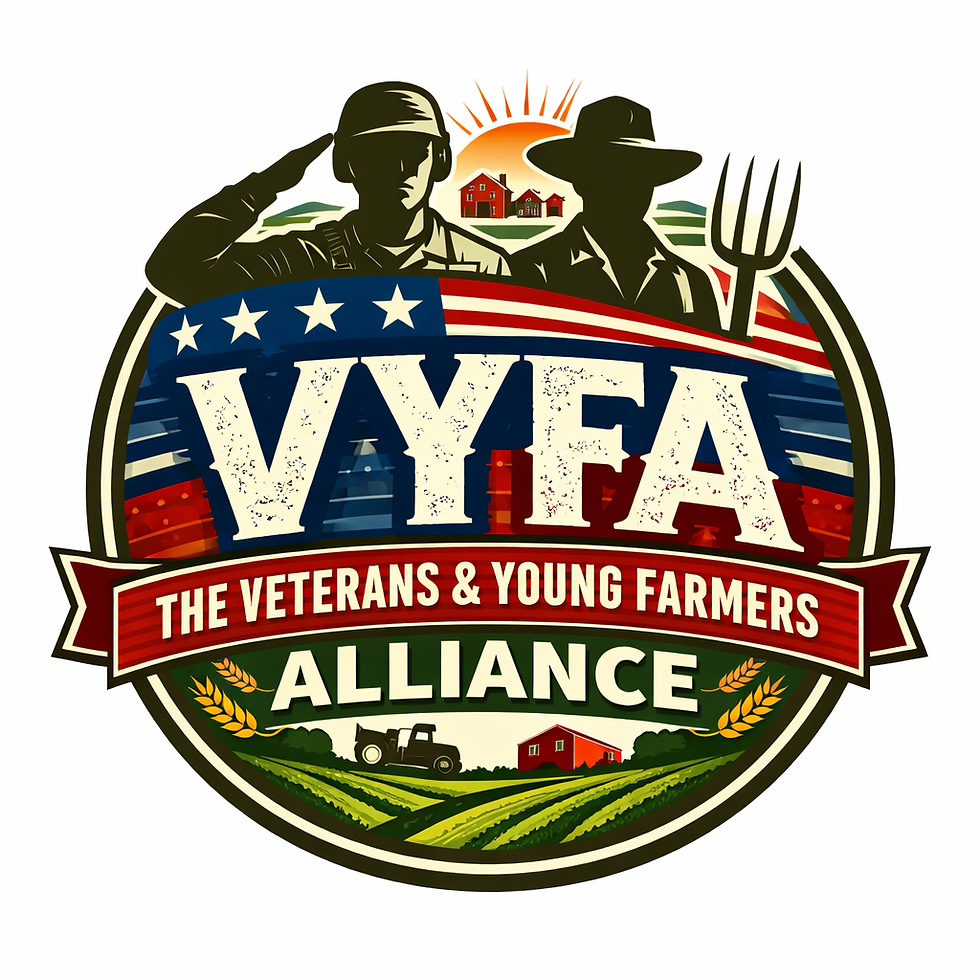The Government Shutdown: What It Means and Why It Matters — Especially for Veterans
- keepourvetshoused

- Oct 23, 2025
- 3 min read

As the United States government remains shut down due to Congress’s failure to pass a funding agreement, millions of Americans — including veterans and their families — are feeling the effects.
The shutdown began on October 1, 2025, after lawmakers were unable to agree on a Continuing Resolution (CR) to keep federal operations funded. This is now the longest government shutdown since 2019, and its impact reaches far beyond Washington.
At the Keep Our Vets Housed (KOVH) Foundation, our mission is to help the public understand how these policy decisions translate into real-world consequences for the families who have already served our country.
What Happened — and Why the Shutdown Continues
A Continuing Resolution is a short-term measure that keeps the government funded temporarily, usually at last year’s spending levels. Congress routinely uses CRs when a full-year appropriations deal isn’t ready.
In September, the House passed a CR that would have funded the government through November 21, 2025, but the Senate rejected it. One of the key disagreements was over whether to separate health-care funding — specifically the Affordable Care Act premium tax credit extensions — from the spending bill.
Republican leadership argued that the funding bill should be “clean,” meaning free of policy add-ons like the ACA subsidy extension, and that those issues should be handled in separate votes.
Democratic lawmakers opposed that separation, warning that removing the subsidies from the funding bill risked delaying or even losing them altogether, potentially leaving millions of Americans without affordable health coverage next year.
As of late October, the Senate has made 11 failed attempts to pass a new Continuing Resolution. Without an agreement, large portions of the federal government — including many civilian departments that directly affect veterans — remain shut down.
Why Separating Health-Care Funding Matters
The decision to pull the ACA subsidy extension out of the spending bill may sound procedural, but its implications are significant.
Timing Risks - The enhanced ACA subsidies expire December 31, 2025. Separating them from the CR means they could be delayed or expire if Congress doesn’t act in time.
Administrative Delays - Agencies, health insurers, and state programs rely on predictable funding cycles. A delayed vote can cause confusion, slow updates, and disrupt access to care.
Veterans and Families Caught in the Middle - Many veterans and military families depend on ACA coverage, VA community-care networks, or TRICARE coordination. When health funding is uncertain, it directly affects continuity of care, medication access, and appointment availability.
Ripple Effect on Community Programs - Nonprofits like KOVH that support veteran families depend on consistent federal partnerships and grant streams. Shutdowns freeze funds and delay contracts, putting both services and jobs at risk.
How the Shutdown Is Already Impacting Veterans
VA Delays: While core medical care and benefit payments continue, many administrative offices are operating with reduced staff. Claims processing and new program rollouts have slowed.
Housing and Homelessness Programs: HUD-VASH initiatives and other supportive housing grants are stalled, leaving local agencies without clarity or funds for renewals.
Nonprofit Strain: Community organizations assisting veterans with housing, foreclosure prevention, and financial counseling are seeing demand rise while federal reimbursements pause.
Family Stress: When assistance programs stop or slow, families face uncertainty about rent, mortgage payments, and access to care — compounding mental and emotional strain.
Why This Matters
This is not a partisan issue — it is a human one. Every day the shutdown continues, families who have already sacrificed for this nation face new instability. Veterans should not have to wait for political negotiations to determine whether their benefits, housing programs, or health coverage remain intact.
At the KOVH Foundation, we believe stable, fully funded federal programs are essential to keeping veteran families housed and healthy.
Policy gridlock in Washington should never put the homes or health of America’s veterans at risk.
What You Can Do
You can help protect veteran families affected by the shutdown:
Sign our petition urging lawmakers to prioritize stable funding for veteran housing and support programs.
Donate to KOVH Foundation to help us continue providing emergency aid to families facing foreclosure or eviction during this period of uncertainty.
Share this post to raise awareness — the more people understand the real-world impact of the shutdown, the stronger our collective voice becomes.
🪖 Keep Our Vets Housed Foundation - Building awareness, advocacy, and action for veteran families facing housing insecurity.👉 Visit www.keepourvetshoused.org to learn more or get involved.




Comments